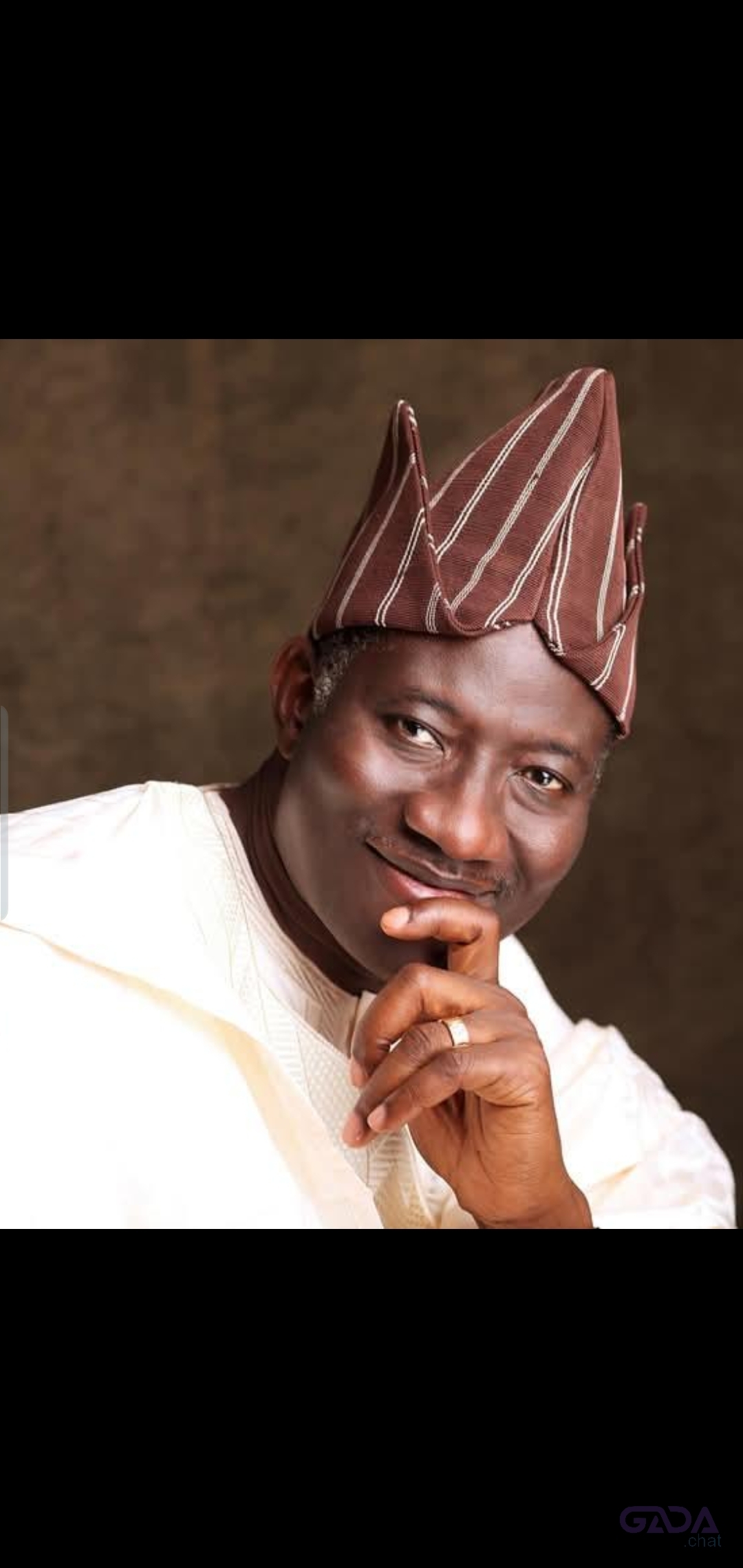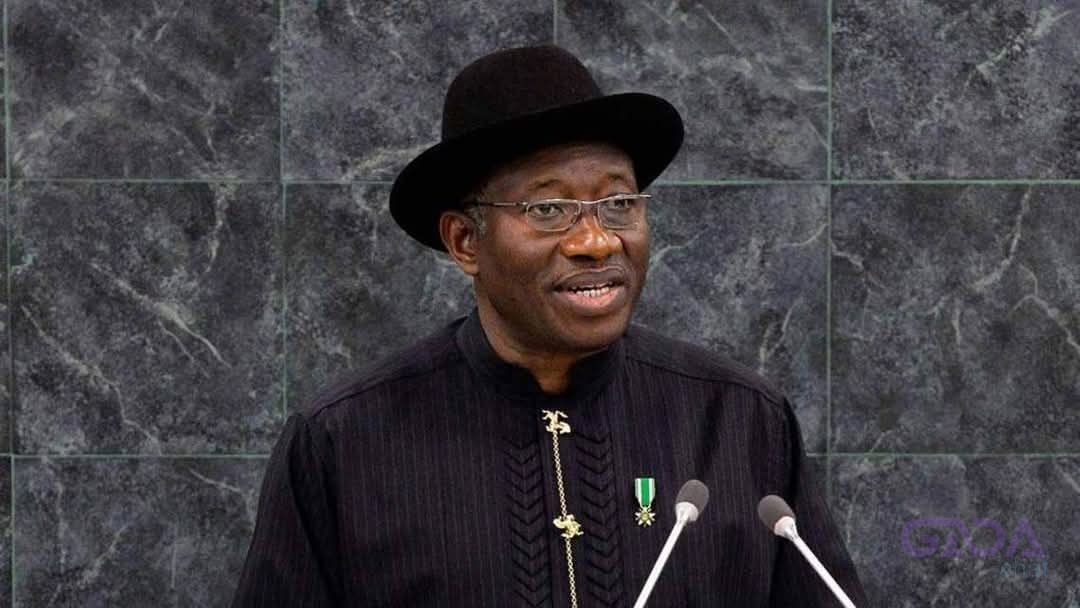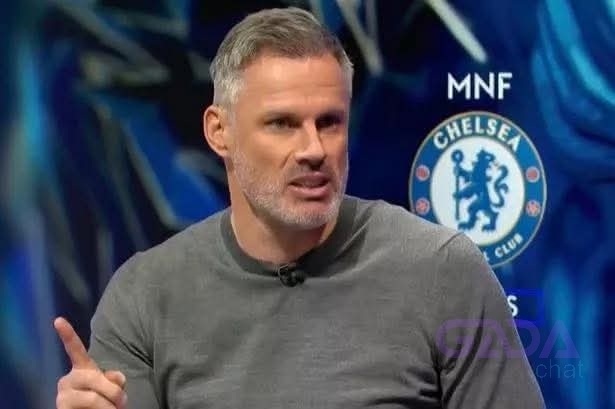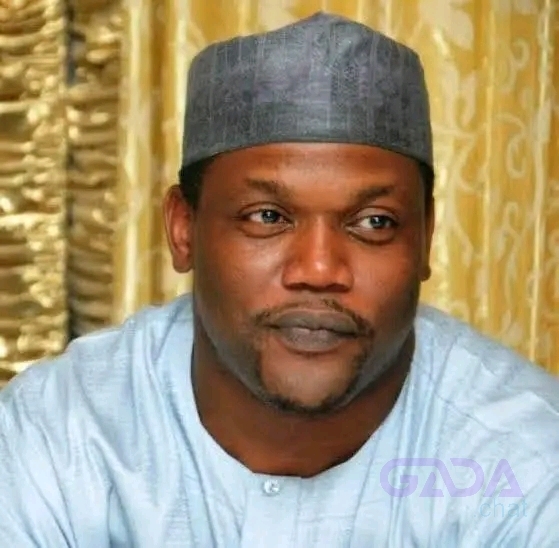GPS and the Geopolitics of Navigation: How It Works, Why It Matters, and What Happens When It’s Disrupted
In an era when smartphones, aircraft, ships, and even missiles rely on satellite guidance, the Global Positioning System (GPS) has become the invisible backbone of modern civilization. From helping commuters find the fastest route to enabling precision-guided weapons, GPS underpins both daily life and national security. But this critical system also lies at the heart of 21st-century power struggles—most notably among the United States, China, and regional players such as Iran.
This article explores how GPS functions, why it is indispensable, what happens when it is disrupted, and how China’s BeiDou system is challenging U.S. dominance in space-based navigation.
---
1️⃣ What Is GPS?
The Global Positioning System (GPS) is a satellite-based radio navigation system owned and operated by the United States Department of Defense. Though originally conceived to support military operations, GPS has been made freely available for civilian use worldwide.
GPS enables three essential capabilities:
Positioning: Determining a user’s location anywhere on Earth
Navigation: Guiding movement from one place to another
Timing: Providing precise atomic-clock-based time signals for critical infrastructure
---
2️⃣ How GPS Works
GPS relies on a constellation of at least 24 satellites orbiting approximately 20,000 km (12,500 miles) above the Earth. Here is a step-by-step breakdown:
1️⃣ Satellites constantly broadcast signals, each containing:
A precise timestamp from an onboard atomic clock
The satellite’s current position in orbit
2️⃣ A GPS receiver (in your phone, ship, or drone) picks up signals from at least four satellites.
3️⃣ The receiver calculates how long each signal took to arrive by comparing the broadcast time to the time the signal was received.
4️⃣ Because radio waves travel at the speed of light, this delay reveals the distance to each satellite.
5️⃣ Using triangulation, the receiver determines its exact position in three dimensions (latitude, longitude, altitude).
6️⃣ The receiver also synchronizes with GPS time, which is critical for:
Telecom networks
Financial transactions
Power grid management
This infrastructure is remarkably precise, offering civilian accuracy within 5–10 meters and military-grade accuracy to centimeters.
---
3️⃣ Why GPS Is Critically Important
GPS has become so pervasive that its loss would cripple countless sectors:
Military Uses
Precision-guided bombs and cruise missiles
Real-time troop and vehicle navigation
Drone reconnaissance and targeting
Civilian Uses
Air and maritime safety
Emergency response dispatching
Everyday apps (ride-hailing, delivery)
Banking and stock market timestamping
Power grid synchronization
Economic Impact In the U.S. alone, GPS supports over $1 trillion in economic value each year.
---
4️⃣ What Happens When GPS Is Disrupted?
Although the U.S. controls GPS globally, regional actors can jam or spoof its signals:
Jamming: Transmitting noise on GPS frequencies to overwhelm legitimate signals, rendering receivers unable to calculate position.
Spoofing: Broadcasting counterfeit GPS signals that appear authentic, tricking receivers into showing false locations or times.
Iran is among the countries known to use such tactics. For example:
In 2011, Iran claimed it spoofed a U.S. RQ-170 Sentinel stealth drone’s GPS, causing it to land intact.
Iran has repeatedly jammed commercial ship navigation in the Persian Gulf.
Implications of Local GPS Disruption by Iran:
1. Civilian Aviation: Airliners lose navigational aids, raising accident risks.
2. Shipping: Tankers and cargo vessels drift off course, risking collisions or territorial violations.
3. Military Operations: Drones and guided munitions may fail to reach their targets.
4. Emergency Services: Rescuers may struggle to locate distress signals.
5. Economic Disruption: Telecom networks relying on GPS time can be destabilized.
Such disruption not only endangers safety but also increases the likelihood of unintended escalation with regional or global powers.
---
5️⃣ China’s BeiDou: An Independent Navigation System
As dependence on GPS has grown, so has the strategic incentive for major powers to develop alternatives. China’s answer is BeiDou.
BeiDou Navigation Satellite System (BDS):
Development began in the 1990s.
Achieved global coverage in 2020.
Over 30 satellites in medium Earth orbit, geosynchronous orbit, and inclined orbits.
Provides positioning, navigation, and timing worldwide.
Offers regional high-precision services in Asia-Pacific.
Strategic Importance of BeiDou:
Enables Chinese military forces to operate independently of U.S. GPS.
Supports precision targeting for Chinese weapons.
Enhances national resilience against GPS denial.
Offers civilian applications to countries in the Belt and Road Initiative, building geopolitical influence.
---
6️⃣ How Does BeiDou Compare to Other Systems?
Below is a quick reference table of major satellite navigation systems:
System Country / Operator Coverage Status
GPS United States Global Fully Operational
GLONASS Russia Global Fully Operational
Galileo European Union Global Operational (improving)
BeiDou China Global Fully Operational
QZSS Japan (regional) Asia-Pacific Operational
Each system can serve as a backup or alternative to the others—a reflection of rising multipolar competition in space infrastructure.
---
7️⃣ Bottom Line
GPS is the world’s primary navigation system, indispensable to military power and civilian life.
Iran cannot shut down GPS globally, but it can jam or spoof signals regionally—creating significant hazards and complicating military operations.
China’s BeiDou system represents the most advanced and strategically significant alternative, allowing Beijing to reduce dependence on American satellites and extend its technological sphere of influence.
The proliferation of independent navigation constellations highlights a new era of competition, in which the control and denial of satellite services will be a defining feature of geopolitical power.
🌍 GPS and the Geopolitics of Navigation: How It Works, Why It Matters, and What Happens When It’s Disrupted
In an era when smartphones, aircraft, ships, and even missiles rely on satellite guidance, the Global Positioning System (GPS) has become the invisible backbone of modern civilization. From helping commuters find the fastest route to enabling precision-guided weapons, GPS underpins both daily life and national security. But this critical system also lies at the heart of 21st-century power struggles—most notably among the United States, China, and regional players such as Iran.
This article explores how GPS functions, why it is indispensable, what happens when it is disrupted, and how China’s BeiDou system is challenging U.S. dominance in space-based navigation.
---
1️⃣ What Is GPS?
The Global Positioning System (GPS) is a satellite-based radio navigation system owned and operated by the United States Department of Defense. Though originally conceived to support military operations, GPS has been made freely available for civilian use worldwide.
GPS enables three essential capabilities:
✅ Positioning: Determining a user’s location anywhere on Earth
✅ Navigation: Guiding movement from one place to another
✅ Timing: Providing precise atomic-clock-based time signals for critical infrastructure
---
2️⃣ How GPS Works
GPS relies on a constellation of at least 24 satellites orbiting approximately 20,000 km (12,500 miles) above the Earth. Here is a step-by-step breakdown:
1️⃣ Satellites constantly broadcast signals, each containing:
A precise timestamp from an onboard atomic clock
The satellite’s current position in orbit
2️⃣ A GPS receiver (in your phone, ship, or drone) picks up signals from at least four satellites.
3️⃣ The receiver calculates how long each signal took to arrive by comparing the broadcast time to the time the signal was received.
4️⃣ Because radio waves travel at the speed of light, this delay reveals the distance to each satellite.
5️⃣ Using triangulation, the receiver determines its exact position in three dimensions (latitude, longitude, altitude).
6️⃣ The receiver also synchronizes with GPS time, which is critical for:
Telecom networks
Financial transactions
Power grid management
This infrastructure is remarkably precise, offering civilian accuracy within 5–10 meters and military-grade accuracy to centimeters.
---
3️⃣ Why GPS Is Critically Important
GPS has become so pervasive that its loss would cripple countless sectors:
🔹 Military Uses
Precision-guided bombs and cruise missiles
Real-time troop and vehicle navigation
Drone reconnaissance and targeting
🔹 Civilian Uses
Air and maritime safety
Emergency response dispatching
Everyday apps (ride-hailing, delivery)
Banking and stock market timestamping
Power grid synchronization
🔹 Economic Impact In the U.S. alone, GPS supports over $1 trillion in economic value each year.
---
4️⃣ What Happens When GPS Is Disrupted?
Although the U.S. controls GPS globally, regional actors can jam or spoof its signals:
✅ Jamming: Transmitting noise on GPS frequencies to overwhelm legitimate signals, rendering receivers unable to calculate position.
✅ Spoofing: Broadcasting counterfeit GPS signals that appear authentic, tricking receivers into showing false locations or times.
Iran is among the countries known to use such tactics. For example:
In 2011, Iran claimed it spoofed a U.S. RQ-170 Sentinel stealth drone’s GPS, causing it to land intact.
Iran has repeatedly jammed commercial ship navigation in the Persian Gulf.
Implications of Local GPS Disruption by Iran:
1. Civilian Aviation: Airliners lose navigational aids, raising accident risks.
2. Shipping: Tankers and cargo vessels drift off course, risking collisions or territorial violations.
3. Military Operations: Drones and guided munitions may fail to reach their targets.
4. Emergency Services: Rescuers may struggle to locate distress signals.
5. Economic Disruption: Telecom networks relying on GPS time can be destabilized.
Such disruption not only endangers safety but also increases the likelihood of unintended escalation with regional or global powers.
---
5️⃣ China’s BeiDou: An Independent Navigation System
As dependence on GPS has grown, so has the strategic incentive for major powers to develop alternatives. China’s answer is BeiDou.
BeiDou Navigation Satellite System (BDS):
Development began in the 1990s.
Achieved global coverage in 2020.
Over 30 satellites in medium Earth orbit, geosynchronous orbit, and inclined orbits.
Provides positioning, navigation, and timing worldwide.
Offers regional high-precision services in Asia-Pacific.
Strategic Importance of BeiDou:
Enables Chinese military forces to operate independently of U.S. GPS.
Supports precision targeting for Chinese weapons.
Enhances national resilience against GPS denial.
Offers civilian applications to countries in the Belt and Road Initiative, building geopolitical influence.
---
6️⃣ How Does BeiDou Compare to Other Systems?
Below is a quick reference table of major satellite navigation systems:
System Country / Operator Coverage Status
GPS United States Global Fully Operational
GLONASS Russia Global Fully Operational
Galileo European Union Global Operational (improving)
BeiDou China Global Fully Operational
QZSS Japan (regional) Asia-Pacific Operational
Each system can serve as a backup or alternative to the others—a reflection of rising multipolar competition in space infrastructure.
---
7️⃣ Bottom Line
✅ GPS is the world’s primary navigation system, indispensable to military power and civilian life.
✅ Iran cannot shut down GPS globally, but it can jam or spoof signals regionally—creating significant hazards and complicating military operations.
✅ China’s BeiDou system represents the most advanced and strategically significant alternative, allowing Beijing to reduce dependence on American satellites and extend its technological sphere of influence.
✅ The proliferation of independent navigation constellations highlights a new era of competition, in which the control and denial of satellite services will be a defining feature of geopolitical power.











